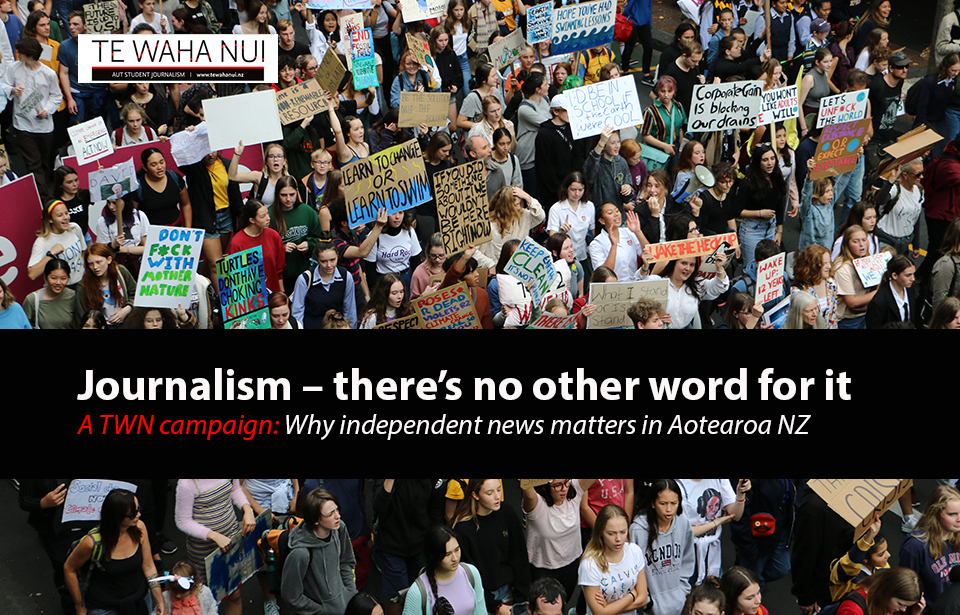Double-tap, double-trap: more people getting caught in echo chambers on social media
• May 22, 2024

A recent crowdsourcing survey by Te Waha Nui shows that 59.2 percent of participants are exposed to biased news on social media. Photo: Isabella Reeve
A recent crowdsourcing survey by Te Waha Nui has revealed that 81.5 per cent of respondents say they often view biased news on social media, with 59.2 per cent saying biased news frequently appears on their feed.
The survey also showed that 96.3 per cent of respondents use social media as their main source of news.
One respondent commented that news on social media is often unreliable compared to traditional news outlets and channels.
“Social media algorithms play into biased news as it pushes what it thinks you want to see, sometimes without even knowing it we are only shown one side to the story.
“I want news to be unbiased so that I can make my own opinions and not just follow what other people tell me to think.”
Another respondent commented that news should always be neutral, as unbalanced news can lead to the polarisation of opinions and beliefs.
“Biased news can feed into something dangerous like echo chambers, where people slowly become more extreme in their views.”
Of those surveyed, 63 per cent say they have previously been sucked into an echo chamber on social media.
Professor of journalism at AUT Verica Rupar says echo chambers are happening the same way they did in the past but now on a much larger scale due to technology.
“In a non-internet world, you still had closed groups who regularly exchange the same ideas, as people tend to stay close to those who think the same as them.
“What is different now is the scale on which like-mindedness can be found and that scale is sometimes frightening.”
Rupar says the news industry today is faced with an existential crisis and must question how it will move forward to counter echo chambers.
“The amount of information we are faced with is enormous, everyone nowadays is a producer of news, a single person with a Facebook account is a digital labourer.”
The survey found that 96 per cent of people say they consider it important that news is balanced and unbiased.
One respondent says despite the current cuts in journalism across New Zealand, these platforms remain important to providing trusted news sources.
“Social media is flooded with opinion, so it’s important that we sustain our news platforms as they are largely balanced and unbiased.”


Whakatairanga ka tika, whakamaua ngaa mita
AISHA CAMPBELL (NGĀTI RUANUI, NGĀ RAURU, NGĀ RUAHINE, TE ATIAWA, TARANAKI) • October 28, 2025

Supporters hope new council will save Western Springs Speedway
Savannah Lendich Jonkers • October 8, 2025


Whakatairanga ka tika, whakamaua ngaa mita
AISHA CAMPBELL (NGĀTI RUANUI, NGĀ RAURU, NGĀ RUAHINE, TE ATIAWA, TARANAKI) • October 28, 2025

Supporters hope new council will save Western Springs Speedway
Savannah Lendich Jonkers • October 8, 2025
